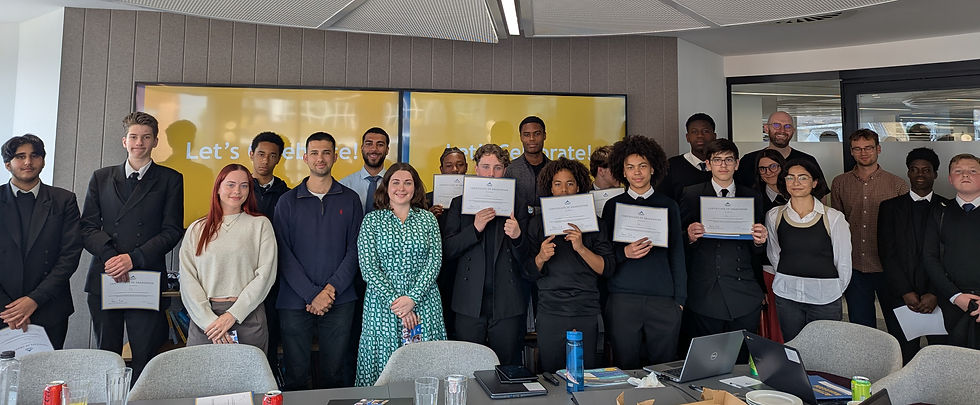Our Journey to Meaningful Impact Measurement - Part 2
- Aug 17, 2022
- 4 min read
Updated: Oct 5, 2025
Research clearly shows that disadvantaged, lower-attaining pupils face a more complex transition away from secondary school and are at a high risk of not fulfilling their potential in the post-16 journey. What is less well researched and understood is how and why is this happening. And, most importantly, what factors can change this trajectory?

In this final instalment of his two-part article, Rob Grylls (Head of Monitoring, Evaluation & Research at Future Frontiers) sets out our plan to track long-term outcomes for pupils entering post-16 destinations, and how the insights we glean will feed into the wider post-16 research landscape.
Tracking long term outcomes
An essential project for us over the next few years is to keep in touch with young people who have completed our programme, as they transition into and through their post-16 destinations. This is necessary to evaluate pupils' progress against our five groups of outcomes: Pupil Development, Enter, Complete, Achieve and Progress, as set out in our strategy, Building Lasting Impact.
We will partner with the Education Development Trust to collect information directly from young people who completed our first pilot Year 11 programme in Summer 2022. Specifically, we will gather information on the post-16 qualifications and education providers that they enter after the Future Frontiers programme, as well as the young people’s perceptions of their post-16 transition and new course.
By the end of the Autumn term this year (academic year 2022/23) we will have evaluated whether pupils have met our Enter outcome target. That is to say, have they enrolled on a qualification that commences at the right qualification level and will enable them to reach their chosen career.
We also want to expand on the existing literature about the post-16 transition by conducting our own primary research of pupils as they enter their post-16 destination.
In Autumn 2022, we will be contacting pupils and parents directly from our first pilot cohort, to discover if pupils enter a post-16 qualification that matches their career interests, and at an appropriate level for their GCSEs.
Existing evidence suggests that pupils from a disadvantaged background are less likely to meet this criteria, are more likely to be disappointed by their course and more likely to then drop out. (28% of disadvantaged young people drop out or do not complete their post-16 course.) However, we want to take the data we gather further to:
investigate the extent of this disadvantage gap in accessing appropriate post-16 qualifications, and
quantify the knock-on effect of completing and achieving qualifications.
Results from this will increase our understanding of the challenges faced by disadvantaged young people in the post-16 transition, which in turn will enable us to measure the impact of our programme against the status quo. And to close the loop, insights and learning will also feed into future developments of the programme.

Two challenges before us
"A full picture of the trajectory of these pupils against our outcomes does not currently exist, and we’re excited to be breaking new ground. "
"A full picture of the trajectory of these pupils against our outcomes does not currently exist, and we’re excited to be breaking new ground. "
The two key projects above are very ambitious. We are aiming to build a detailed understanding of what actually works in changing the statistical trajectory for disadvantaged and low-attaining young people as they transition into and through their post-16 education. A full picture of the trajectory of these pupils against our outcomes does not currently exist, and we’re excited to be breaking new ground.
Identifying a meaningful comparison that allows us to produce robust evaluations will be a challenge. It is complicated because we know there are so many factors that have an impact on pupils’ post-16 trajectories. Some of these can be measured (e.g. prior attainment, gender, ethnicity) but some are not as easily observed (e.g. motivation, parental support, self-belief).
Staying in touch with young people who have been through our programme is another challenge we anticipate. We are aware of the attrition of responses and will have to plan carefully to maintain a large enough group from which to gather meaningful data. However, accomplishing this is vital for identifying if our programme leads to lasting impact for young people.
Collaborating for impact
"Not many organisations track service users for this length of time, and Future Frontiers is excited to be investing in this important area of work. "
Our ambition to track young people for three years after our programme is integral to understanding our impact on the trajectories of young people throughout the entirety of their post-16 education.
Not many organisations track service users for this length of time, and Future Frontiers is excited to be investing in this important area of work. We are collaborating with external agencies and experts like ImpactEd, the Educational Development Trust, Impact Box and MIME Consulting, in order to deliver on our monitoring and impact ambitions.
Why I’m excited about the road ahead
As a former teacher in South London I’ve seen inequalities in education first hand, and to be shaping and driving an ambitious impact and evaluation strategy that directly addresses these inequalities is a dream come true.
I’m excited to see the results of our evaluations over the next 12 months. From this we will have the most detailed understanding of our impact to date.
It is also incredibly rewarding to be leading a growing team whose clear purpose is to understand more deeply the longer term difference our programme is making and through this to contribute to the wider understanding of post-16 transition challenges and solutions for disadvantaged and lower-attaining pupils.
I anticipate that there will be challenges ahead. But we will overcome these with our solutions-focused approach, our deep-rooted commitment to making a transformational impact on young people, and our vision of a society where equal access to education enables potential to overcome poverty.
Can you support us on our journey to measuring transformational impact for disadvantaged young people? Get in touch here



